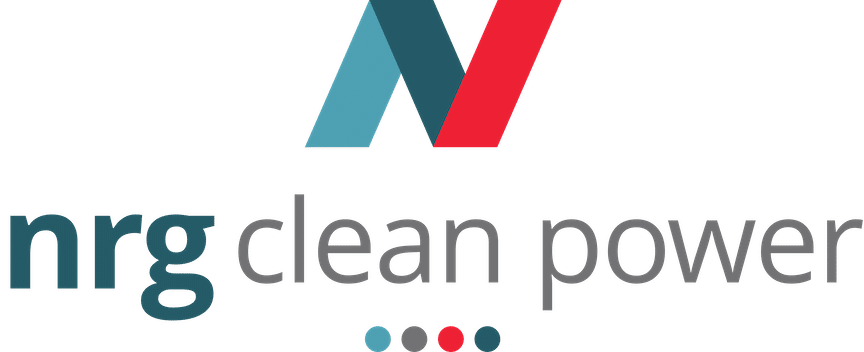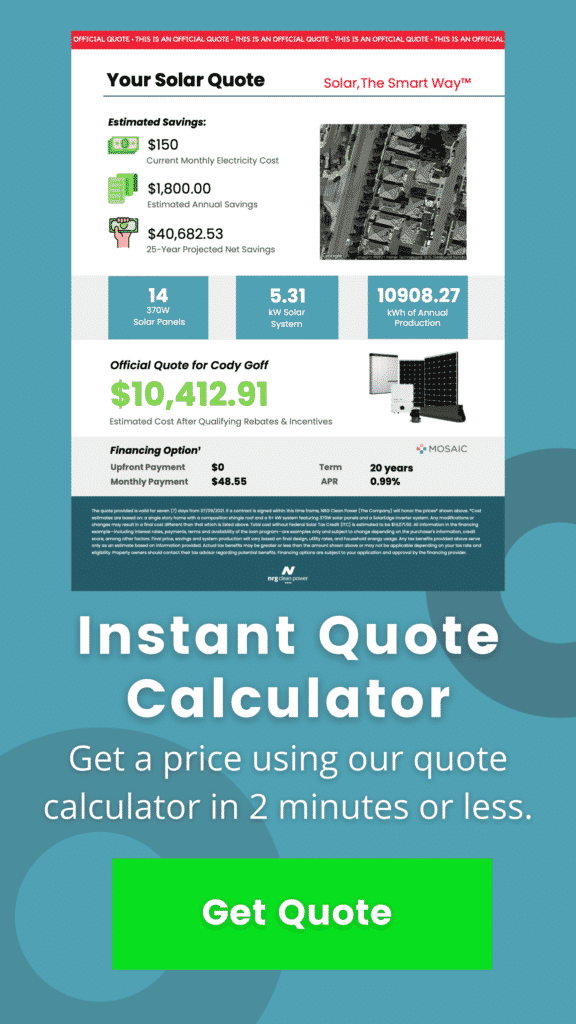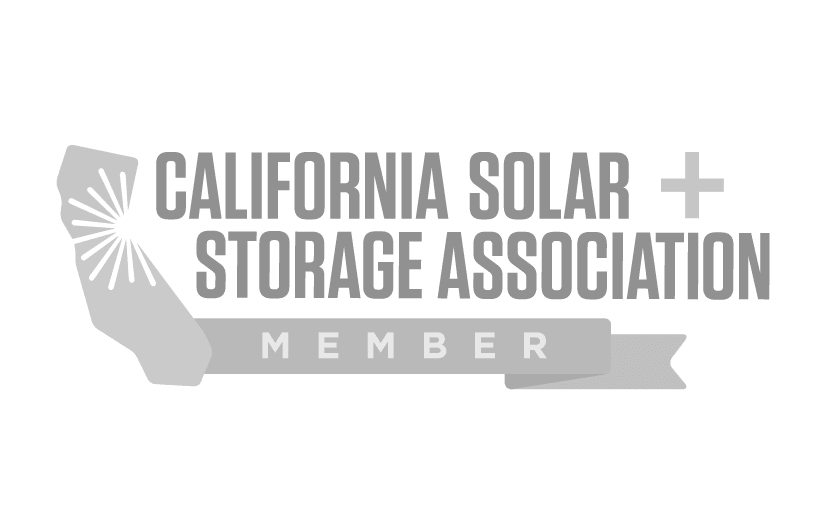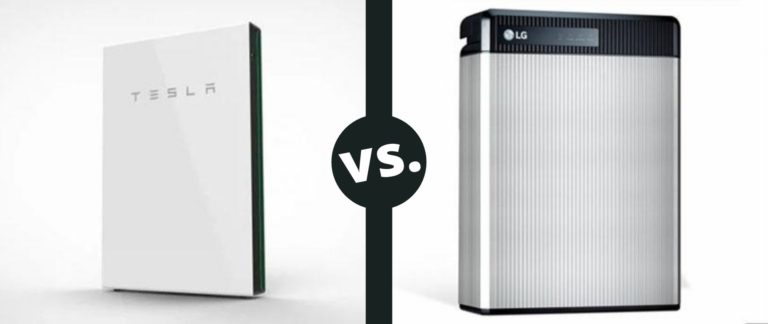
The Pros, Cons & Differences
Home battery backups are still a relatively new technology; however, their popularity among homeowners has recently grown substantially. People want less reliance on grid-based electricity. As a result, we have seen an increase in both home solar energy systems and solar battery installations. Homeowners have many options when it comes to backup battery systems, but how can you know which is best? The Tesla Powerwall 2.0 and LG Chem RESU are the two major players. Let’s take a look at the pros, cons and differences between these to help you make more-informed decisions during your transition to solar.
What is a Home Backup Battery?
A home battery backup system provides homeowners with the security and flexibility of storing their own backup energy. A battery installer, like NRG Clean Power, would add this technology to your home and allow you to keep a reserve of energy for times when you need it. Often, people with solar panels will leverage this energy in the evening, when their panels do not produce electricity, or during outages, when electricity from the grid is inaccessible. In short, they allow you to store energy and rely less on the grid. This further reduces your carbon footprint and diminishes utility costs. Do you want to learn more about Home Battery Backups? Then check out our recent article—Home Battery Backup: Your Ultimate Guide.
Tesla Powerwall 2.0: Is The Hype Worth It?
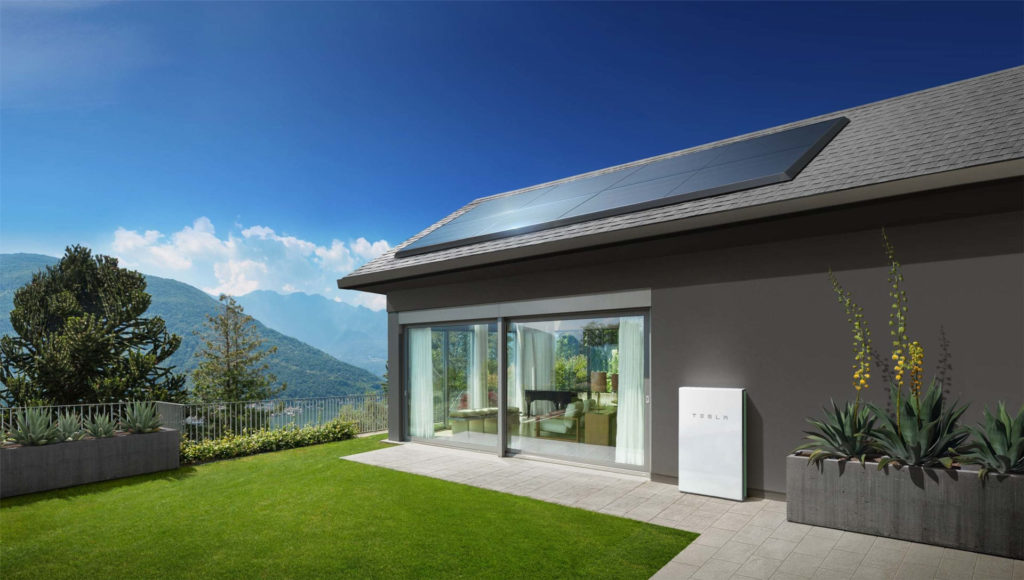
In 2015, when Tesla Motors announced their new product, the Tesla Powerwall, they accomplished something incredible. Homeowners, for arguably the first time, were excited about the idea of getting their own backup battery. The reputation of Tesla, coupled with the prospect of saving money, automatically made Tesla a powerhouse of choice. Considering their popularity, our solar experts decided to break down the product so you know exactly what you’d be getting.
Efficiency
The Tesla Powerwall 2.0 offers a competitive 89% round-trip efficiency. This falls within the industry standard for home battery backup solutions, which ranges from 75-90%. While competitive, it still falls short when compared to competitors. For example, both LG and Eguana offer products with round-trip efficiencies over 95%.
Warranty
The Powerwall also shines when looking at its warranty. It offers the industry-standard 10-year warranty; however, it guarantees a minimum 70% capacity. This means that after 10 years, you should still expect that the battery holds at least 70% of its capacity.
Cost
As you can see, the Tesla Powerwall holds its own in the world of home batteries. Based on specs alone, homeowners should definitely consider this product when looking to install their own battery. However, the cost associated with this product is significantly higher than those of its competitors. Before installation, the Powerwall can set homeowners back anywhere between $8,500 to $16,000 depending on the specific project. This would include the cost of both the device itself and installation fees.
LG Chem RESU: Maximum Efficiency for Less
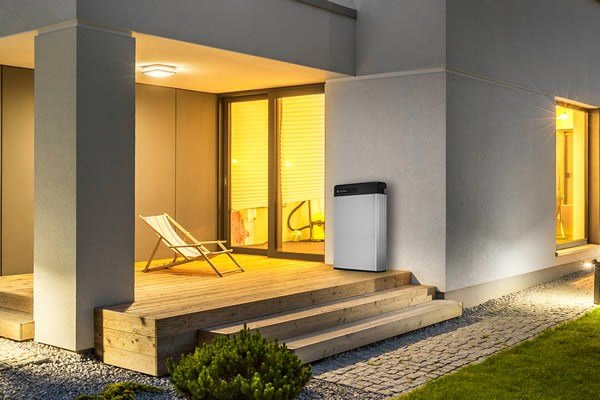
You can find the LG Chem RESU installed in homes around the world. No one can argue that LG is already a major player in the technology and home appliance industry, but they are also an industry leader in solar. In fact, many other battery backup companies leverage LG’s battery cell technology, building only the battery module and pack. Keep in mind, Tesla is not one of those companies, as they use Panasonic battery cells to create their Powerwall system.
Efficiency
The LG Chem RESU boasts one of the highest efficiency ratings of home battery backup solutions. These batteries claim 96% round-trip efficiency, meaning homeowners would only expect to lose 4% of energy when converting incoming electricity into stored electricity and then back into usable electricity.
Warranty
The Tesla Powerwall has a slight upper-hand when it comes to warranty. While LG offers the same 10-year warranty, it only guarantees 60% capacity during that time. This means homeowners who install the LG Chem RESU would expect 10% more degradation of their battery over the same 10-year period.
Cost
The LG Chem RESU wins in the price category. Typically, a homeowner would expect to pay no more than $6,000-$7,000 for the battery, without including any installation costs. LG, in comparison to Tesla, offers a super-efficient product with a significantly lower price tag.
Which is best for you?
Regardless of the brand of battery you choose, you will save money and rely less on the grid. As you can see, both the Tesla Powerwall and LG Chem offer competitive solutions. In order to decide which battery is best for you, we would need to look at your specific circumstances. Neither is inherently better than the other; however, each offers advantages over the other depending on the situation. Our experts would thoroughly review your situations before providing any recommendation. You would need to consider (among other things):
- Do you have (or want to get) an Electric Vehicle?
- What is your current energy consumption?
- How much voltage do you need?
Are you ready to make the switch to solar? Want to learn about how you can upgrade your home with a battery backup—whether an LG Chem RESU, Tesla Powerwall or a different brand? Then reach out to one of our solar experts for your free quote today!

Authored by Ryan Douglas
NRG Clean Power's resident writer and solar enthusiast, Ryan Douglas covers all things related to the clean energy industry.
